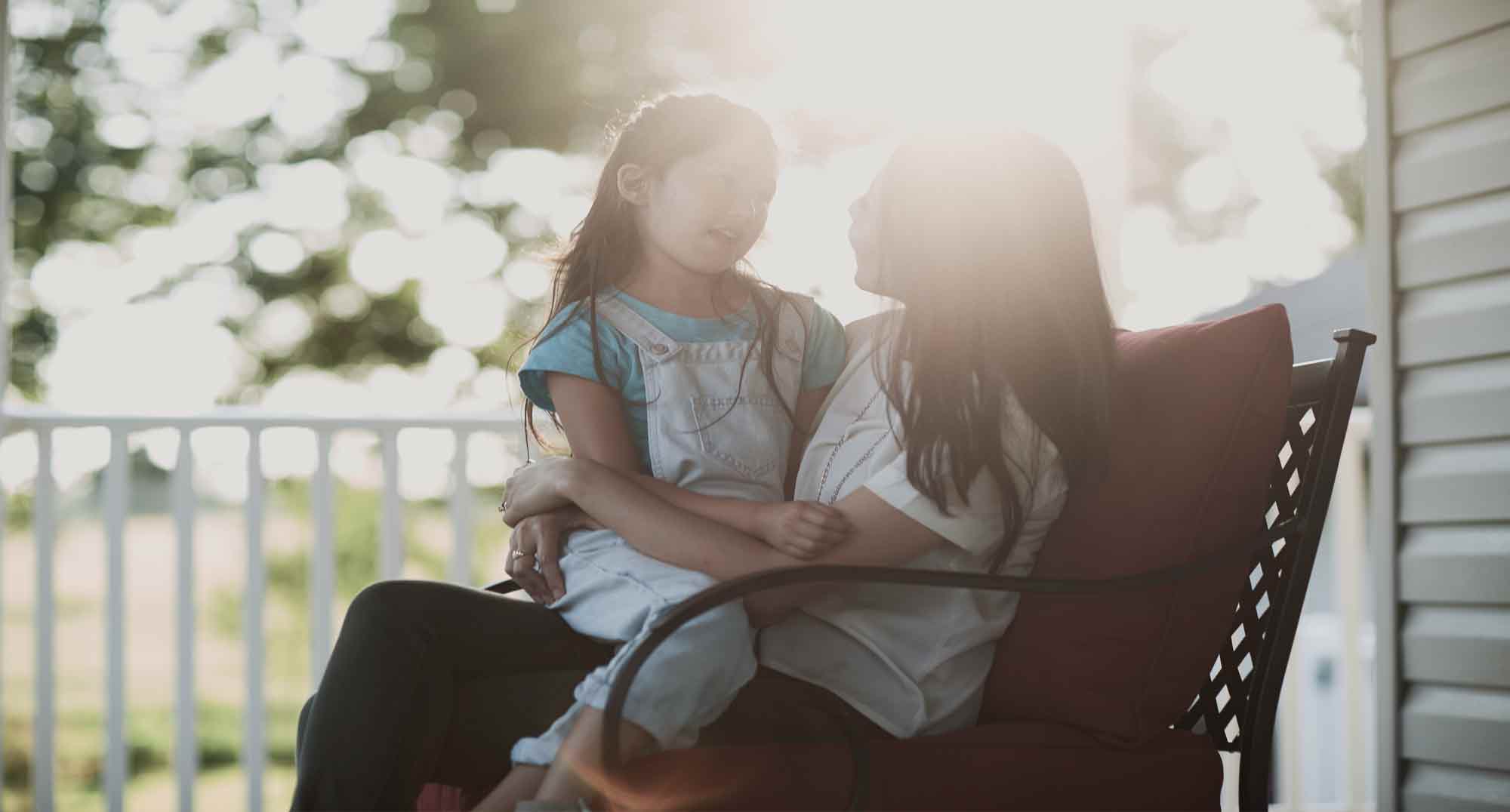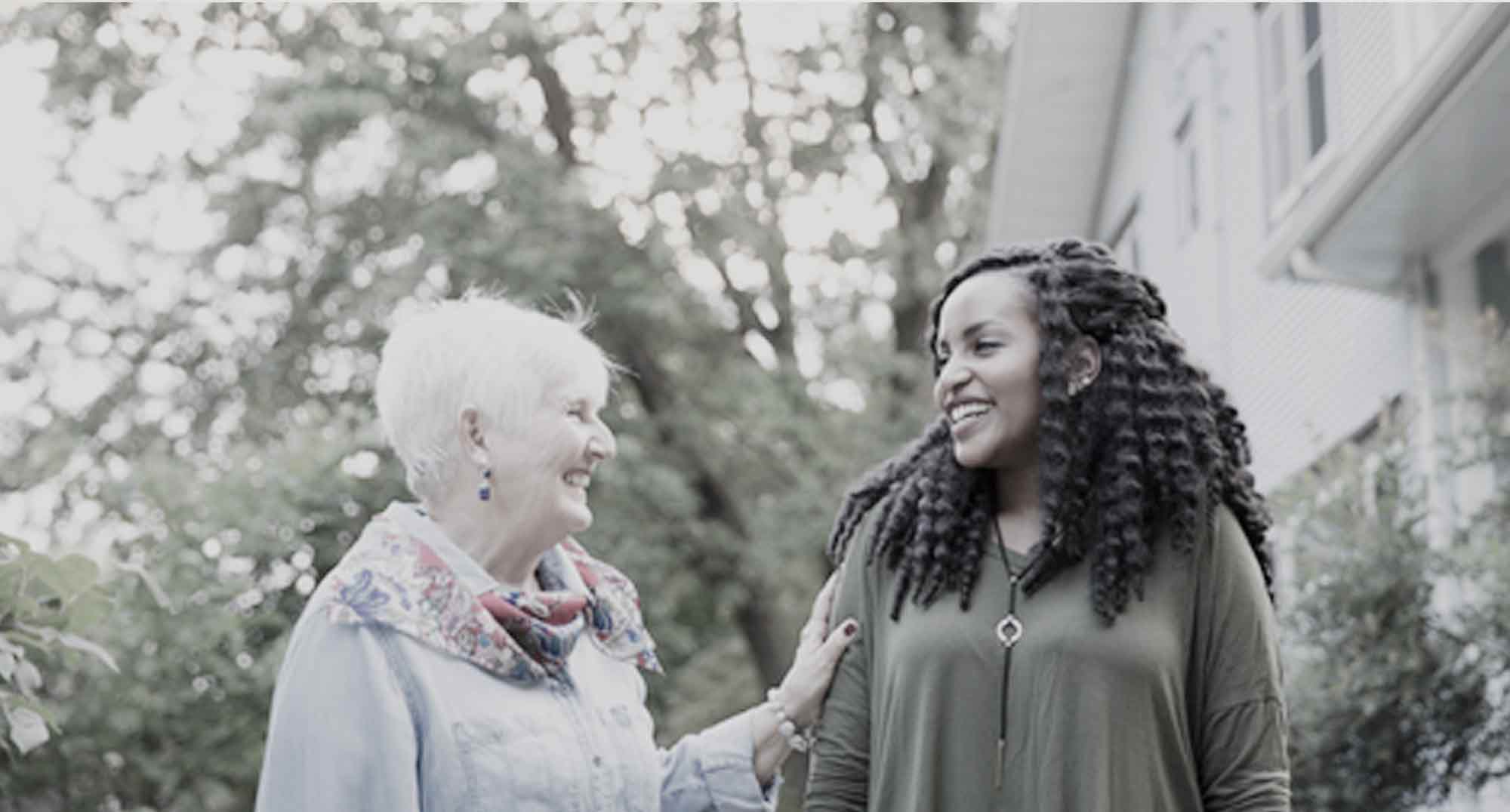Sticks and Stones May Break My Bones, But Words Can Also Hurt Me
KATIE POLSKI|CONTRIBUTOR In first grade, there was a girl in my class who told me that my eyes looked like goldfish. For the love of fish. I’m still not quite sure what that meant, but I do know that I spent too much time starring at myself in the mirror due to a concern over my fish-like eyeballs. In Highschool, a boy told me I was “pretty cool,” but he tagged that with: “It’s just that guys aren’t going to date a pastor’s daughter.” And so, I kept that aspect of my identity a secret for as long as I could, coming up with alternative ways to explain my father’s profession. In college, after playing piano for a chapel service, a student remarked that I swayed a lot when playing. “It looks funny.” I told him he looked funny. It was, admittedly, a terrible comeback and didn’t help my cause at all. But for years, I was conscious of my “movements” while playing at the piano. The Significance of Our Words Words don’t just disappear. At times I wish they did, but from the moment they leave our mouth, they often make their way into the small crevasses of a hearer’s memory and nestle in, sometimes remaining for a lifetime. If our words have this kind of impact, it’s essential that as believers we use them wisely. God certainly intended for us to speak; we’re created in His image, and He is a speaking God giving the world His inspired words for our benefit. But we’re sinners, trudging through a broken world. Every one of us has messed up with our words, and we will likely do damage with them again. God in His graciousness forgives fully and completely, but that doesn’t mean that what we say won’t have a lasting impact. It’s only wise, then, that as believers we give careful consideration to what the Bible has to say about the words we speak. Our Words Reveal the Condition of our Heart “You brood of vipers! How can you speak good, when you are evil? For out of the abundance of the heart the mouth speaks. The good person out of his good treasure brings forth good, and the evil person out of his evil treasure brings forth evil” (Matt. 12:34-35). These two verses are incredibly convicting. Our spiritual condition is made manifest by our words. This doesn’t mean, believer, that your unthoughtful or unkind words are unforgiveable. What it does mean is that we have a responsibility before God to consider the reasons underlying our harsh or rash words...










